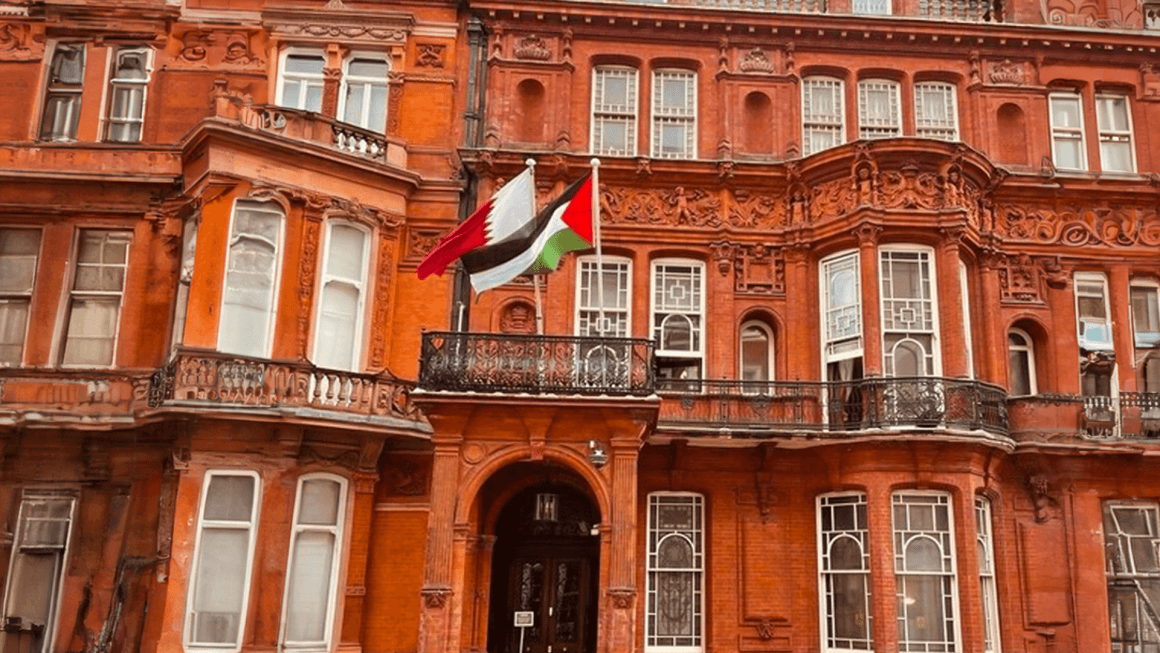In the wake of Israel’s unprecedented airstrike on Hamas leadership in Doha on September 9, Qatar has suspended all mediation efforts between Israel and Hamas, halting negotiations aimed at securing a Gaza ceasefire and hostages’ release. The Gulf state denounced the strike as a flagrant breach of its sovereignty and international law, saying it “will not tolerate” such reckless behavior.
The attack shattered the fragile diplomatic framework, with Qatar deeming its role as mediator untenable under current conditions. Officials stressed that the strike attacked not only Hamas figures but the very foundation of its peace-brokering role.
The international community reacted swiftly. United Nations Secretary-General António Guterres condemned the strike as a “flagrant violation of sovereignty and territorial integrity of Qatar,” urging all parties to preserve ceasefire momentum rather than destroy it.
Hamas’s negotiating delegation reportedly survived the attack, though at least five lower-level members, including the son of senior figure Khalil al-Hayya were killed. The strike occurred while Hamas officials were reviewing a U.S.-backed ceasefire proposal, casting a dark shadow over any hope for a breakthrough.
Regionally, condemnation was near-universal: Qatar, Egypt, Saudi Arabia, the UAE, Kuwait, Jordan, Turkey, Iran, and others rebuked the Israeli strike as a serious escalation that undermines regional peace.
Israel’s Prime Minister Benjamin Netanyahu took full responsibility, calling it a meticulously planned operation targeting those responsible for terror actions. The U.S. Embassy in Doha issued a shelter-in-place advisory during the attack, and reports indicate Washington was notified and possibly approved the strike in advance.





